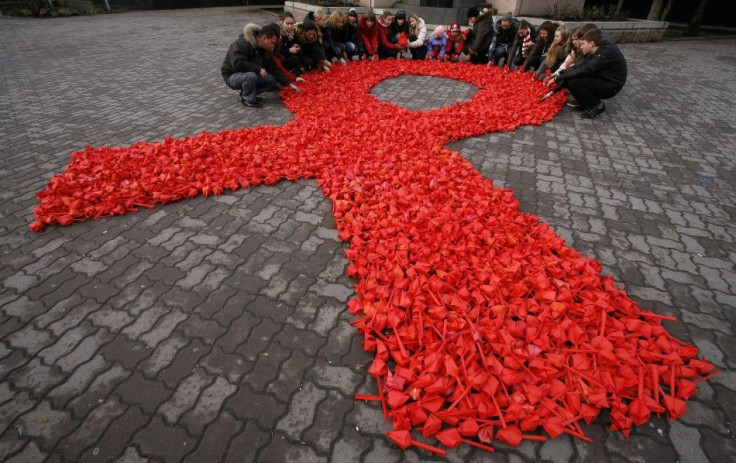Many Americans Unaware of Being HIV-Infected

One in every five HIV-positive Americans are unaware of their condition, the Centers for Disease Control and Prevention reports. That's 240,000, out of 1.2 million Americans, of whom just an estimated 28 percent have the infection under control.
The report was released on Tuesday, ahead of World AIDS Day, which is Dec. 1, and aims at promoting awareness about HIV and the spread of infection.
An individual infected with the AIDS virus can carry it for years without developing or displaying any of the symptoms and, worse still, of all those who are aware of their condition, only half receive medical care and treatment.
Studies suggest that 77 percent of those patients receiving antiretroviral treatments have suppressed levels of the virus in their bodies and this, in combination with safer-sex practices and knowledge of other preventive measures, can suppress the spread of the virus to partners by as much as 96 percent.
By improving testing, linkage to care and treatment services, we can help people living with HIV feel better and live longer, and can reduce the spread of HIV dramatically. This is not just an individual responsibility, but a responsibility for families, partners, communities and health care providers, said Dr. Thomas R. Frieden, CDC director, in a statement on the Web site.
A considerable portion of the problem starts when patients do not regularly follow up on their treatment routines; some, in fact, drop treatment all together, due to financial or other problems.
The CDC now recommends that all U.S. residents between the ages of 13 and 64 be tested for HIV at least once, as part of regular medical care. In addition, it also announced a $2.4 million campaign, Testing Make us Stronger, to encourage testing among black, gay and bisexual men, the highest-risk category and those who account for the greatest number of infections in the country.
Research suggests that men who have sex with men but do not consider themselvers gay or bisexual are least aware and least likely to receive treatment. Nevertheless, they remain the most heavily affected.
The CDC's campaign will be launched in the six cities where infection is the highest among black and gay communities - Atlanta, Baltimore, Houston, New York City, Oakland, California and Washington, D.C.
The disease claims more than 16,000 people every year, with information that the infections grown by about 50,000 every year, in the U.S.
© Copyright IBTimes 2025. All rights reserved.





















